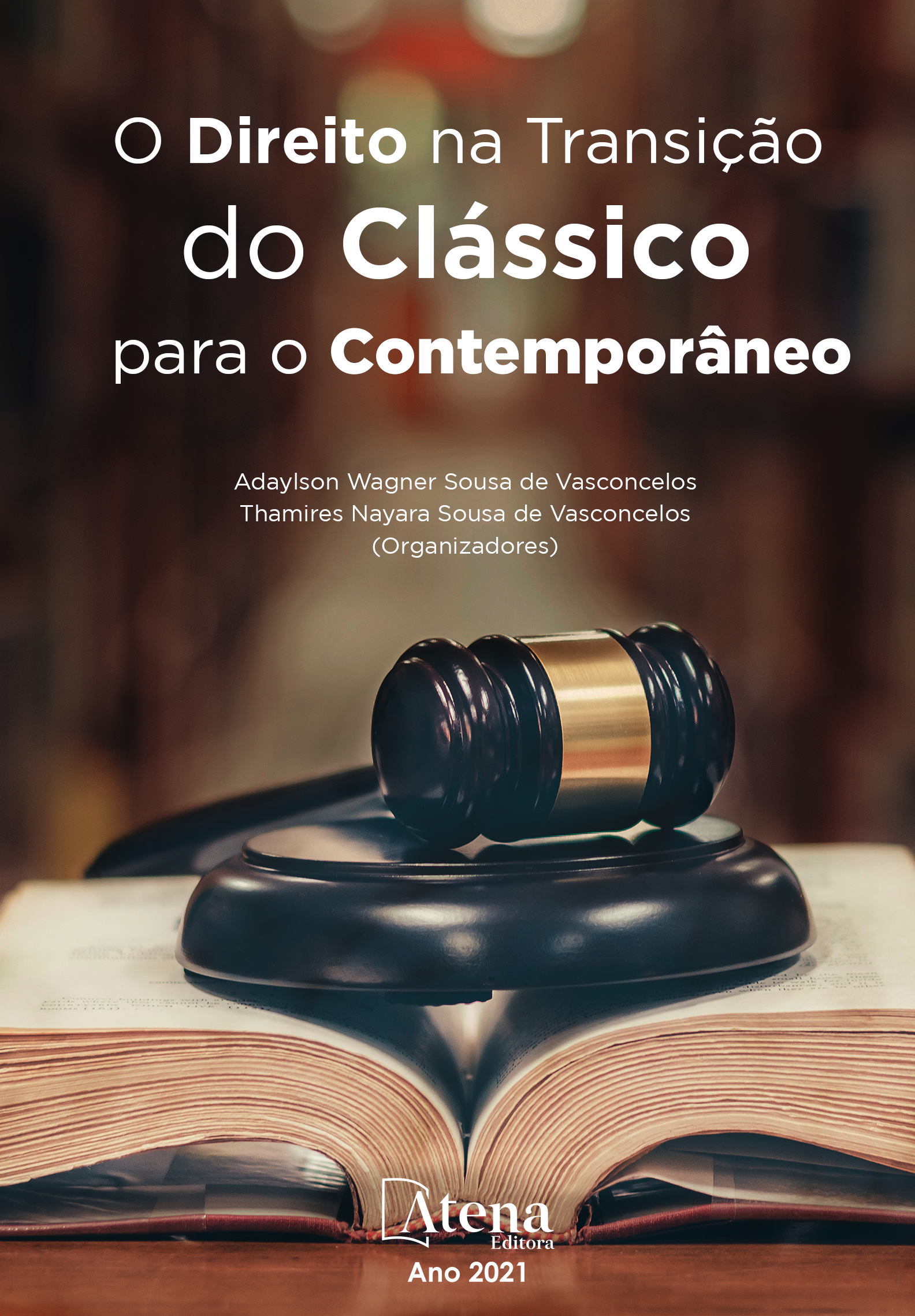
O INSTITUTO DO CREDENCIAMENTO COMO FORMA DE INEXIGIBILIDADE DO PROCEDIMENTO LICITATÓRIO, SOB A LUZ DO DIREITO FUNDAMENTAL DA LEGALIDADE
O tema deste artigo é estudar e analisar a possibilidade da contratação direta pelo Poder Público através da inexigibilidade de licitação, utilizando o credenciamento. O objetivo geral é traçar um norte propedêutico deste instituto, abordando sua natureza conceitual, principais características e seu enquadramento nas hipóteses previstas no artigo 25 da Lei n.º 8.666/93. O objetivo específico é demonstrar que apesar deste instituto não ter previsão legal, a Administração Pública poderá utilizá-lo para contratar diretamente com terceiros, sem ofender o axioma de princípios que regem o serviço público. Justifica a redação deste artigo, uma vez que a Administração Pública deve orientar sua atuação na Lei, nada obstante defende-se que o credenciamento é uma hipótese de inexigibilidade não prevista no ordenamento jurídico, induzindo a ação pública para fora dos ditames legais. Será utilizado procedimento bibliográfico e documental, por meio de um método dedutivo e com uma abordagem qualitativa.
O INSTITUTO DO CREDENCIAMENTO COMO FORMA DE INEXIGIBILIDADE DO PROCEDIMENTO LICITATÓRIO, SOB A LUZ DO DIREITO FUNDAMENTAL DA LEGALIDADE
-
DOI: 10.22533/at.ed.7032112024
-
Palavras-chave: Licitação Pública. Contratação Direta. Inexigibilidade. Credenciamento.
-
Keywords: Public Bidding. Direct Contracting. Inexigibility. Accreditation.
-
Abstract:
The theme of this article is to study and analyze the possibility of direct contracting by the public power through the unenforceability of the bid, using of the accreditation. The objective general is to draw a propaedeutic north of this institute, addressing its conceptual nature, main characteristics and framing in the hypotheses provided for in article 25 of Law 8.666/93. The specific objective is to demonstrate that although this institute does not have provision legal, the Public Administration may use it to contract directly with third parties, without offending the axiom of principles that governs the public service. It justifies the wording of this article, since the Public Administration must guide its action in the Law, nevertheless it is defended that the accreditation is a hypothesis of unenforceability not foreseen in the legal system, inducing the public action outside the legal dictates. A bibliographic and documentary procedure will be used, through a deductive method and with a qualitative approach.
-
Número de páginas: 15
- BRUNO PASTORI FERREIRA


